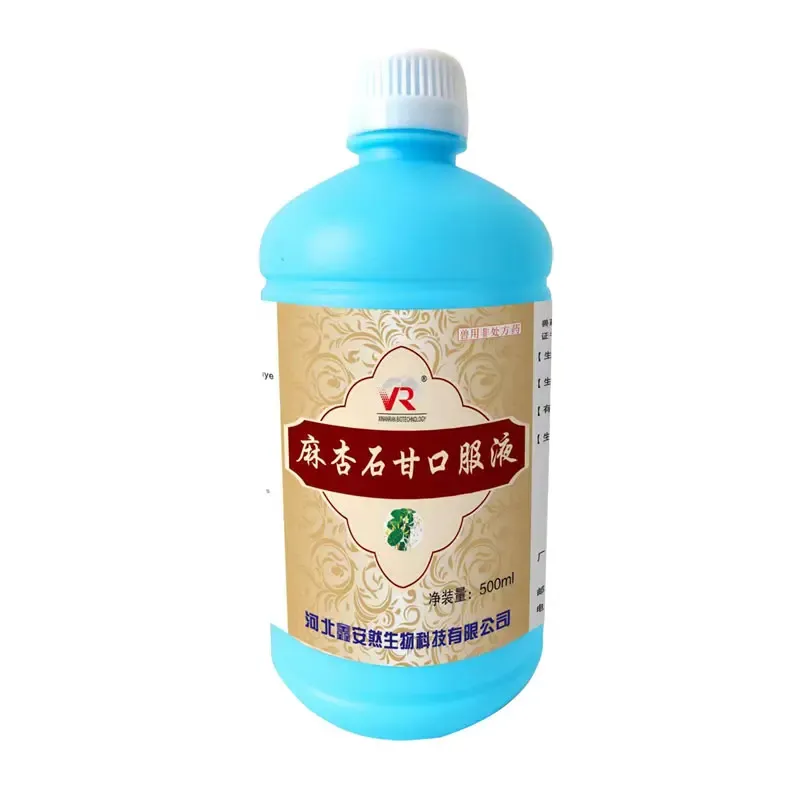- Afrikaans
- Albanian
- Amharic
- Arabic
- Armenian
- Azerbaijani
- Basque
- Belarusian
- Bengali
- Bosnian
- Bulgarian
- Catalan
- Cebuano
- Corsican
- Croatian
- Czech
- Danish
- Dutch
- English
- Esperanto
- Estonian
- Finnish
- French
- Frisian
- Galician
- Georgian
- German
- Greek
- Gujarati
- Haitian Creole
- hausa
- hawaiian
- Hebrew
- Hindi
- Miao
- Hungarian
- Icelandic
- igbo
- Indonesian
- irish
- Italian
- Japanese
- Javanese
- Kannada
- kazakh
- Khmer
- Rwandese
- Korean
- Kurdish
- Kyrgyz
- Lao
- Latin
- Latvian
- Lithuanian
- Luxembourgish
- Macedonian
- Malgashi
- Malay
- Malayalam
- Maltese
- Maori
- Marathi
- Mongolian
- Myanmar
- Nepali
- Norwegian
- Norwegian
- Occitan
- Pashto
- Persian
- Polish
- Portuguese
- Punjabi
- Romanian
- Russian
- Samoan
- Scottish Gaelic
- Serbian
- Sesotho
- Shona
- Sindhi
- Sinhala
- Slovak
- Slovenian
- Somali
- Spanish
- Sundanese
- Swahili
- Swedish
- Tagalog
- Tajik
- Tamil
- Tatar
- Telugu
- Thai
- Turkish
- Turkmen
- Ukrainian
- Urdu
- Uighur
- Uzbek
- Vietnamese
- Welsh
- Bantu
- Yiddish
- Yoruba
- Zulu
8 月 . 13, 2024 15:51 Back to list
Effective Use of Injectable Ivermectin for Swine Health and Parasite Control Strategies
Ivermectin Injectable for Pigs A Comprehensive Overview
Ivermectin is an antiparasitic agent widely used in veterinary medicine, particularly among livestock such as pigs. This medication belongs to the avermectin family and has gained approval for various uses due to its broad-spectrum efficacy against numerous internal and external parasites. In the context of pig farming, ivermectin injectable formulations provide a reliable solution for controlling parasitic infestations, thereby promoting animal health and enhancing production efficiency.
Mechanism of Action
Ivermectin functions by targeting the nervous system of parasites. It enhances the release of neurotransmitters, leading to paralysis and death of the parasites. The drug exerts its effects primarily on nematodes and arthropods, making it effective against a wide range of parasites including lungworms, intestinal worms, and certain species of mites and lice that can infest pigs. This mechanism of action underscores its importance in maintaining the health of pig populations, which is essential for the economic viability of pig farming operations.
Benefits of Injectable Ivermectin
One of the significant advantages of using injectable ivermectin over oral formulations is the more consistent and reliable dosage that is administered. Injectable forms typically allow for better absorption and faster onset of action compared to oral medications, which can be affected by the animal's feeding status and gastrointestinal motility. Moreover, injectable formulations minimize the risk of livestock refusing feed, which can occur when pills or powders are offered, thus ensuring that the pigs receive the necessary treatment without stress or disruption.
The use of injectable ivermectin also aids in the prevention of disease outbreaks. By proactively managing parasitic infections, farmers can reduce the incidence of illnesses that can slow growth rates, decrease feed efficiency, and ultimately lead to financial losses. For example, reducing the burden of gastrointestinal worms improves nutrient absorption, leading to better weight gains and overall productivity in growing pigs.
ivermectin injectable for pigs

Administration and Dosage
When using ivermectin injectable for pigs, appropriate dosing is crucial. The general dosage for pigs is usually 200 micrograms per kilogram of body weight, but it is essential for farmers to follow the specific guidelines provided by their veterinarian or the product label. Proper injection techniques are vital to prevent complications such as abscess formation or injection site lesions. It's also recommended to rotate dewormers periodically to prevent resistance development among parasite populations.
Safety and Resistance Considerations
Ivermectin has a favorable safety profile in pigs when used according to the instructions. However, it is essential to observe withdrawal times before slaughter to ensure that ivermectin levels have diminished to acceptable thresholds, ensuring food safety for consumers. Farmers should always refer to the product label for specific withdrawal periods, which may vary based on formulation and route of administration.
Resistance to ivermectin can develop in parasite populations due to the overuse or misuse of the medication. To mitigate the risk of resistance, it is advisable to adopt an integrated parasite management strategy. This includes rotational deworming, implementing good management practices, and combining ivermectin with other anthelmintics that have different modes of action.
Conclusion
In conclusion, ivermectin injectable for pigs is an indispensable tool in veterinary parasitology. Its effectiveness against a wide array of parasites helps to ensure the health and productivity of pig populations, which is vital for the economic sustainability of pig farming. By adhering to best practices in administration and resistance management, pork producers can maximize the benefits of ivermectin, leading to healthier animals and improved profitability in their operations. As always, consultation with a qualified veterinarian is essential to tailor parasitic control strategies to the specific needs of the herd.
-
The Power of Radix Isatidis Extract for Your Health and Wellness
NewsOct.29,2024
-
Neomycin Sulfate Soluble Powder: A Versatile Solution for Pet Health
NewsOct.29,2024
-
Lincomycin Hydrochloride Soluble Powder – The Essential Solution
NewsOct.29,2024
-
Garamycin Gentamicin Sulfate for Effective Infection Control
NewsOct.29,2024
-
Doxycycline Hyclate Soluble Powder: Your Antibiotic Needs
NewsOct.29,2024
-
Tilmicosin Premix: The Ultimate Solution for Poultry Health
NewsOct.29,2024













